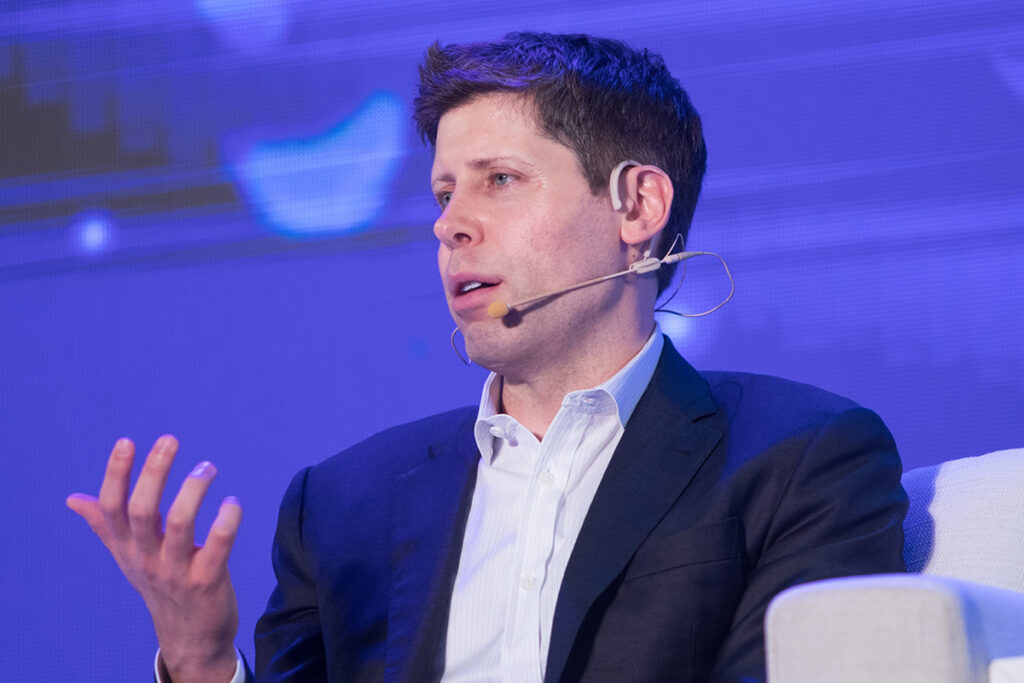In a dramatic twist of events, Sam Altman, co-founder and former CEO of OpenAI, has returned to the company’s board of directors following a tumultuous period of management upheaval. Altman’s reinstatement comes after an independent investigation concluded that his firing was driven by a breakdown of trust with the board, rather than concerns about AI safety.
The saga began when Altman was abruptly dismissed from his roles as CEO and director by the OpenAI board in November. This shocking move, which occurred amidst a flurry of changes, left the company reeling. However, just weeks later, Altman was rehired, marking a swift reversal of fortune for the AI pioneer.
During Altman’s absence, OpenAI faced significant challenges, including the appointment of three different CEOs in the span of just three days. Despite this turbulence, the company’s partnership with tech giant Microsoft continued to strengthen, with Altman briefly working at Microsoft before his return to OpenAI.
In the aftermath of Altman’s reinstatement, OpenAI underwent a restructuring of its leadership team. The directors responsible for Altman’s ouster were fired, and prominent figures such as economist Larry Summers and Salesforce co-CEO Bret Taylor were brought on board. Additionally, Altman and three other new directors were appointed to the board, signaling a fresh start for the company’s governance.
The independent investigation into Altman’s firing shed light on the circumstances surrounding the decision. It found that while the board had believed his removal would address management challenges, it did not anticipate the destabilizing impact it would have on the company. Hundreds of employees threatened to quit in protest, demanding Altman’s return.
Despite the turmoil, Altman expressed support for OpenAI’s Chief Technology Officer Mira Murati, who had reportedly raised concerns about his management style to the board. Murati later backed Altman publicly, emphasizing her commitment to the company’s mission.
The interim board unanimously concluded that Altman and co-founder Greg Brockman should be rehired, affirming their leadership roles within OpenAI. In response to the investigation’s findings, the board outlined plans to strengthen the company’s governance structure, including the adoption of new guidelines and the creation of a whistleblower hotline.
OpenAI’s unique structure, which combines nonprofit and for-profit entities, has attracted attention and scrutiny. Elon Musk, a co-founder of OpenAI, recently filed a lawsuit against the company, alleging a breach of contract related to its pursuit of profit. However, Altman remains optimistic about the company’s future, praising the dedication of its employees and expressing confidence in the new board members.
As OpenAI navigates its way through this period of uncertainty, Altman’s return represents a step towards stability and continuity. With a renewed focus on its mission of ensuring artificial general intelligence benefits humanity, the company is poised to overcome its recent challenges and continue making strides in the field of AI research and development.


